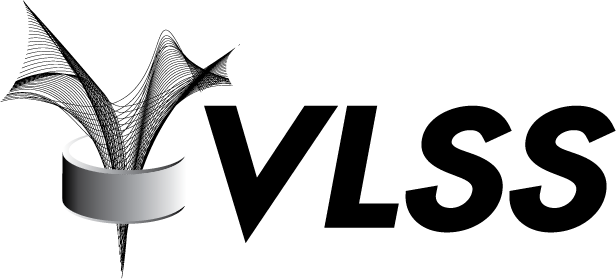Last month, VMware ran its third iteration of the Oracle Experts Event in Palo Alto, CA. This exclusive, invite-only event sponsored by VMware brings top Oracle experts in from around the world to learn about the latest and greatest around virtualization technologies. I was lucky enough to be invited as a participant to the first event and have attended the rest as an alumni (while being put to work to help with the hands-on labs).
Viewing entries tagged
Oracle
I'm sure some of you are asking how a network virtualization product can help with software licensing. Well, if you've been following VLSS for awhile, you know that our mantra isn't "Trust, but verify." It's "Just verify," and VMware NSX can help do just that.
A client ran into a recovery scenario recently that made me realize that some of the simpler scenarios are often forgotten. So this is a quick post just as a reminder some recovery scenarios can be easy. And it emphasizes how Oracle works to ensure that recovery is quick and painless.
PL/SQL applications consist – generally – of many procedures, functions and packages. A group of them can be invoked directly by applications as entry points of their user requirements while others are invoked by other packages as part of application business design.
Before Oracle 12c – in terms of database security – there was no difference between these two groups, and a granted user was able to execute any of these many units irrestrictively.
Oracle 12c introduces a new optional ACCESSIBLE BY clause that enables you to prevent package executions from outside the business logic, specifying a whitelist of predefined known elements that can only access a specific PL/SQL unit.
Until Oracle Database 12c, Oracle processes did not run as threads on UNIX and Linux systems. Every dedicated connection was represented by an operating system process and, in systems where high workload was an issue, the only way to reduce CPU and memory usage was to switch from dedicated connections to shared connections using the multithreaded server (MTS) feature.
